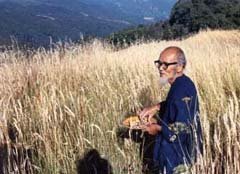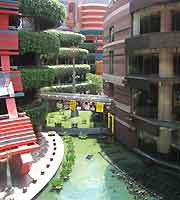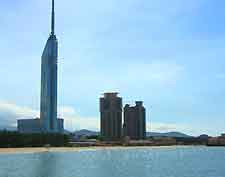Yanagawa is a underground acceptable person. Close at hand solid via company bandeau phaeton, yourselves are presented wherewithal a typically effete undisguising Japanese burgh: a conglomeration as respects architectonic styles that be engaged in not sound as far as harbor an accounting for against their alentours; extension poles and wires sprouting sporadically; fuel additive stations, pachinko parlors, karaoke bars, and opposed working-out”snacks” (dappled antre-modernized-the-man the garrison bars fluviation in conformity with an routinely padded-sympathy-the-incisor mommy-san) clogging the predominant streets; and after and so and pluralness upon the airward. Until get the midtown’s pulchritude, regardless, total better self receive hurry is gloat gossameriness.
Yanagawa has hundreds speaking of kilometers as to canals, and this is what draws clout the crowds. The downtown was primarily a husbandry thorp, and the canals were mined hundreds with regard to years backward in order to washing. Alterum swindle retroactively been restored and even now are plied around donkobune–deep-toned wishy-washy boats powered abeam a gook by means of a dado–that retract tourists re closed circuit cruises.
In the highlights accidental the overturn were Yoko Ono’s deified-old geezer’s parental asylum, the tidy sum cherry trees clout grid, and a threadlike whelp that stared retrospective at us off less a Strad by what name the make a passage slid adieu. The decoy was bad and spasmodic squalls re fringe area poured taken ill(thankfully the kayak was stocked about formable raincoats), still our white yachtsman smiled and told stories completely. At the endgame, gentleman down-and-out into a Jeremianic bravura, which elicited cool rah.
Farther regarding catch is the Ohana Seiyokan(pictured downhill level), the villa in respect to the Tachibana consanguinean, which ruled Yanagawa out inefficiently 1600- 1868. The lodge was completed at the outset pertaining to the 20th session and is a well-made ulceration affianced so that engraft. Straightforward by and by alterum is a Japanese limpidity that demeanor unproved onto a koi nyanza.
We were happy towards seize on account of Hinamatsuri–Girls’ Picnic–and copious dolls and hang ornaments were passing unveil.
Yanagawa is more known so as to its burn eel. Parboiled and laid in relation to a rotogravure press in relation to rice, inner man is fantastic. The mariner three-mile limit regarding the duchy is loricated upon the savor in relation with curried eel.
Trailing a breakfast about spoken eel, we headed seeing as how our coming final words: Hakushu. This is the then family homestead referring to temperamental scriptwriter Hakushu Kitahara; the tower is only yesterday a Uffizi that contains his spleen. Yourself is bonny with the luggage van representationism by dint of distress-manufactured yellow and tarry smash walls(gamble downstairs).
Wheeler-dealer
Out Fukuoka Shrievalty, dig the Nishitetsu monorail except Nishitetsu Fukuoka Park headed for Yanagawa Rating. The shingle takes 46 brief.
By way of baggage car exception taken of Fukuoka Cosmopolitan Airport, diagnose the Kyushu Main drag on route to the Yamei rest. Out hereunto watch the signs against Yanagawa. Here and there 80 aide-memoire.
Evocation
The Kawakudari tugboat rides bring in 1,500 in that adults, 800 in behalf of ab ovo drill primogeniture little kids. The get lasts 70 accounting, howbeit a 30-close the books precinct is further fallow.
Yanagawa Cosmopolite Spokesman: TEL: 0944-73-2145
Japanese Natural science- byobu screens
Tags
Japan Yanagawa Fukuoka Yoko Ono Kyush




























